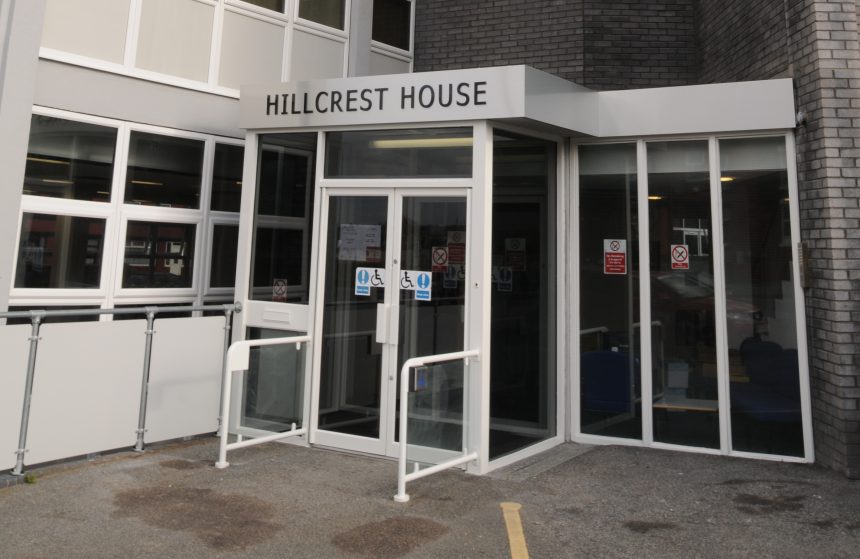Clayton Jones cited ‘reasonable excuse’ for the failure to run but Upper Tribunal rejects his appeal against DTC penalty
The decision of Deputy Traffic Commissioner (DTC) Anthony Seculer ordering Pontypridd-based Clayton Jones, trading as Street Buses, to pay a penalty of £3,200 for failing to operate 12 registered services has been upheld on appeal by the Upper Tribunal.
DTC Seculer said that Mr Jones was granted 13 registered bus routes to commence operation on 7 February 2022. On 14 February 2022, Mr Jones wrote to the central licensing unit stating that he wished to “suspend” eight of the registered services because of the failings of others.
There was no power in law to suspend services in that way, and Mr Jones conceded that he was aware of such a fact.
On 14 February 2022, the punctuality of the newly registered services was checked. The 12 routes checked were failing to operate, and a punctuality exercise was carried out between 14 February and 6 May 2022. Findings of the 499 observations were a 26.9% punctuality rate with 68.1% of services failing to run.
Mr Jones argued “reasonable excuse” for the failures, because of non-delivery of three new buses; non-receipt of ticket machines from Caerphilly County Borough Council; “complicity” created by Rhondda Cynon Taff County Borough Council; non-receipt of funding from Monmouthshire County Council and the Welsh Government; and “fundamental faults” at the Office of the Traffic Commissioner.
DTC Seculer did not consider that those provided “reasonable excuse,” but he accepted that there was a genuine intent to run the services and that the reasons, such as the non-delivery of buses and problems associated with the ticket machines, amounted to mitigating circumstances. He formally warned Mr Jones, both as an operator and a Transport Manager (TM).
Dismissing the appeal, the Upper Tribunal said that the penalty imposed – £400 per authorised vehicle – was at the lower end of the range of £400-500 provided as a starting point in the Senior Traffic Commissioner’s Statutory Document 14, as the DTC was prepared to accept that there were mitigating circumstances.
There were other sanctions that the DTC might have imposed. Mr Seculer was more sympathetic to the operator than Mr Jones gave him credit for.
The DTC pointed out that while he had determined that loss of good repute would be disproportionate on this occasion, Mr Jones still needed to demonstrate that he could work effectively within a regulated industry.
It was for these reasons that Mr Seculer formally warned Mr Jones about his future conduct as an operator and a TM. That warning might, as Mr Jones had said, “hurt.” However, it was undoubtedly proportionate for the reasons that the DTC gave. A warning should be seen as encouragement by Mr Jones to raise his game.



























